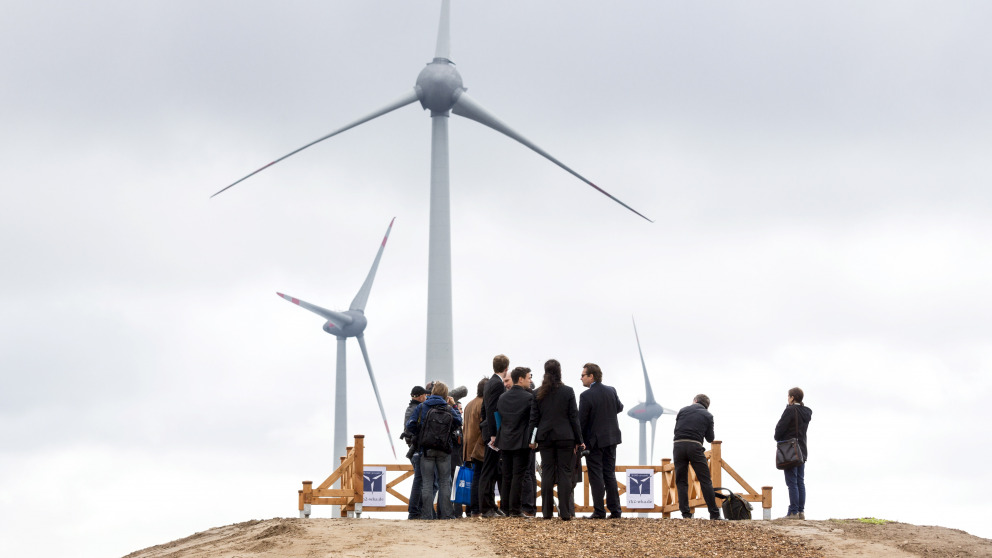Promoting Acceptance of Renewable Energies
Duration

For a successful energy transition, it is vital that the general population accepts and supports the expansion of renewable energies. This project aims to narrow the perceived gap between nature conservation and environmental concerns on the one hand and the expansion of renewables on the other. It is guided by the question of whether a more environmentally friendly expansion could lead to greater acceptance of renewable energies.
A communications strategy tailored to specific target groups
The interdisciplinary research team first analyses the factors that promote greater acceptance of renewable energies and identifies possible synergies between nature conservation and the use of renewable energies. Based on that groundwork, the researchers then derive tailor-made communications strategies and recommendations for increasing public acceptance of an environmentally friendly expansion of renewable energies. The purpose of this project is to develop an integrated acceptance model (IAM) as a theoretical basis for evaluating acceptance factors and assumptions about how those factors interact. The model also takes account of variations in the weighting of acceptance factors by different interest groups in different regions. Such variations can be attributed, for example, to differences in the landscape and features deemed worthy of conservation, economic, ecological and social factors, as well as infrastructural differences. The project considers all kinds of renewable energies, with the exception of offshore wind energy.
Brochure to provide arguments in support of the expansion of renewables
In a further step the researchers plan to discuss and validate the IAM. To capture the widest possible range of parameters for the expansion of renewables, they will conduct a survey of regional actors and interest groups in three federal states: Mecklenburg-Vorpommern, Baden-Württemberg and swig-Holstein This will allow them to find out whether the IAM takes sufficient account of specific experiences and regional differences. Based on the survey, they will develop a questionnaire for residents, which they will use to determine the weighting of acceptance factors among different resident groups in different regions. The validated IAM will enable the researchers to identify the most important factors in the acceptance of renewables and approach different stakeholders in a more targeted way. To this end, they will develop a brochure to promote greater acceptance of a sustainable expansion of renewable energies. Before it is published, the brochure's impact will be tested in an online survey and discussed in an interdisciplinary workshop. The final version will foster acceptance by providing arguments and concrete recommendations with reference to specific regional cases.